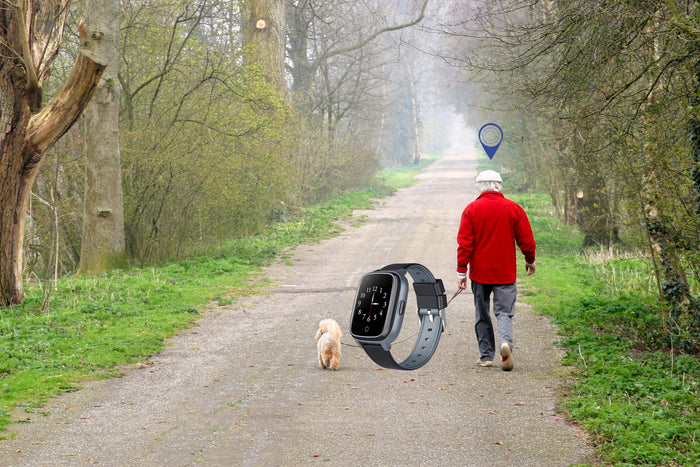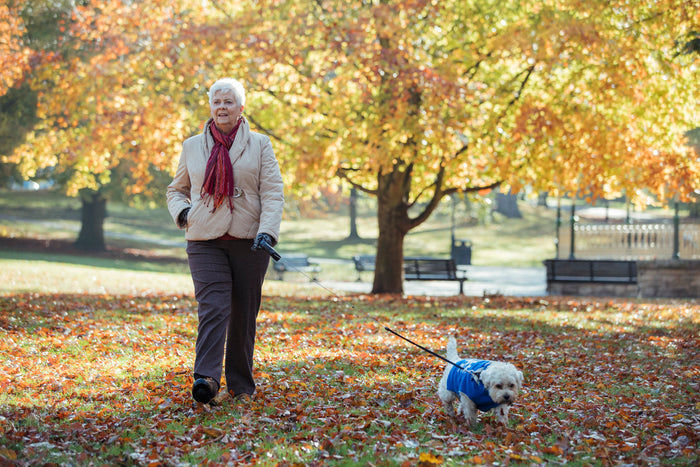The Risks of Falling for the Elderly: A Growing Concern

The Risks of Falling for the Elderly: A Growing Concern
Falls are a significant health risk for older adults, often leading to severe consequences. In fact, falls are one of the leading causes of injury and hospitalisation among people aged 65 and older. Understanding the risks associated with falling is critical to safeguarding the health and well-being of our aging population. This blog will explore why falls happen, the potential consequences, and what can be done to minimise the risks.
- Age-Related Physical Changes
As people age, several physical changes increase the risk of falls. These include:
- Decreased muscle strength and flexibility: Muscles naturally weaken with age, making it harder for older adults to maintain their balance and stability.
- Poor coordination: With aging, the body’s ability to coordinate movements can decline, leading to slower reactions that make it harder to recover from a slip or trip.
- Reduced bone density: Osteoporosis, which makes bones more fragile, is common among the elderly. This increases the risk of fractures when a fall occurs.
- Chronic Health Conditions
Chronic illnesses are prevalent among older adults and can significantly increase the likelihood of falls. Some key conditions include:
- Arthritis: Joint pain and stiffness reduce mobility, making it harder for older adults to walk safely or get up from a seated position.
- Diabetes: Diabetes can lead to nerve damage (neuropathy), which reduces sensation in the feet and legs, impairing balance.
- Heart disease: Conditions that limit cardiovascular health can cause dizziness or fainting, increasing the likelihood of a fall.
- Parkinson’s disease and dementia: Neurological disorders like these affect mobility, balance, and cognition, leading to a higher fall risk.
- Vision and Hearing Impairments
Both vision and hearing tend to decline with age, making it harder to navigate one’s environment safely.
- Vision loss: Conditions such as cataracts, glaucoma, or macular degeneration can make it difficult for older adults to see obstacles or perceive depth, increasing the chance of tripping or falling.
- Hearing loss: Problems with hearing can prevent someone from noticing auditory cues, such as footsteps or moving objects, that may help avoid a fall.
- Medication Side Effects
Many older adults take multiple medications, some of which have side effects that affect balance and coordination. Common culprits include:
- Sedatives and sleep medications: These drugs can cause drowsiness, impair judgment, and slow reaction times.
- Blood pressure medications: Medications used to control blood pressure can sometimes cause dizziness, especially when standing up too quickly, leading to a sudden loss of balance.
- Antidepressants and antipsychotics: These can also cause dizziness or confusion, further increasing the risk of falls.
- Environmental Hazards
Often, the home environment presents hidden dangers for the elderly. Some examples include:
- Cluttered pathways: Objects left on the floor, such as shoes or rugs, can easily become tripping hazards.
- Slippery surfaces: Wet or uneven floors, particularly in bathrooms, can cause slips.
- Poor lighting: Insufficient lighting in hallways, stairs, or entryways makes it harder for older adults to see obstacles.
- Lack of safety equipment: The absence of handrails, grab bars, or non-slip mats can make movement through the house unsafe.
- Social and Psychological Factors
Falls can also be linked to psychological and social factors, including:
- Fear of falling: Some elderly individuals develop a fear of falling, which can lead them to limit their physical activity. Ironically, this avoidance of activity can cause muscle weakening and balance problems, further increasing the risk of falls.
- Social isolation: Older adults who live alone may not have someone to help them in case of a fall, and may avoid engaging in activities that could keep them active and healthy.
Fall Alert devices are of great importance for elderly. WatchOvers.com provide discrete mobile automatic fall alert watches.




